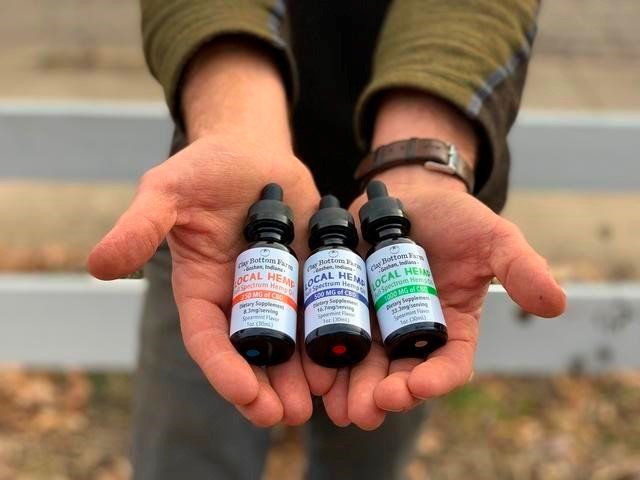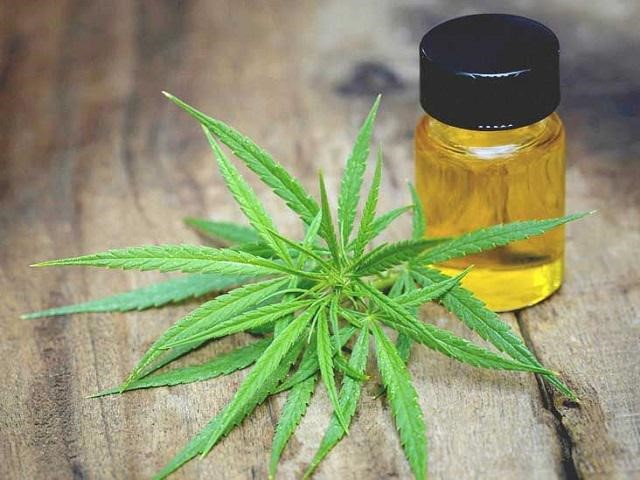
CBD has become fashionable and is sold in the form of topical oils that are actually intended to be consumed orally. Studies have shown its potential for conditions such as epilepsy, but other potential benefits have much less scientific backing.
The furor aroused by the medicinal properties of CBD has intensified and products containing this product are proliferating: oils, creams, lotions, balms… and it is even used as a claim in edible products, although its use as food is prohibited in the European Union (EU). The benefits attributed to it are very diverse: to sleep well, as an anxiolytic, against pain, anti-aging, and a long etcetera.
Is CBD really so versatile and effective? Logically, there are many commercial interests at stake and the products that become fashionable are a breeding ground for exaggerations. However, it is not exactly a miracle product, but has scientific backing for certain indications and there is even an approved medicine.
As its name suggests, CBD is a compound of hemp, i.e. a cannabinoid. After tetrahydrocannabinol (THC), it is the most abundant and usually comes from industrial hemp plantations or non-psychoactive hemp, which is hemp that does not produce THC and is composed mainly of CBD.

It is also known as legal hemp because, in countries like Spain, it is allowed to grow hemp as long as it contains no more than 0.2% THC. “It is hemp without THC,” explains Manuel Guzmán, professor of Biochemistry and Molecular Biology at the Complutense University of Madrid (UCM), who has been researching the therapeutic effects of hemp for more than 20 years.
Orally or topically?
As it is not psychoactive, CBD can be marketed without the restrictions imposed on narcotic drugs, and the fact that it does not cause a high is one of its great advantages.
At this point, some readers may wonder: what does it matter that it does not alter the nervous system or act on psychic functions if it cannot be consumed orally? By law, its use as a food supplement is not permitted in Spain and the rest of the EU countries. But, as they say: the law is made the trap.
Companies that market CBD oils comply with the law by making it clear on the label that they are products for topical use. However, in many cases this is a mere formality: it is administered with a dropper because, in reality, it is intended for oral use.
For example, one of the oils sold on the internet as a cosmetic contains 15% (in other cases it is 5% or 10%) CBD and, according to the manufacturer, “improves the quality of rest hours, increases concentration, reduces joint pain and improves and moisturizes the skin”.
Is it really for topical use? Most buyers understand that it is not. It might be for the latter indications, but not for those referring to sleep and concentration. In fact, if one reads user reviews, most refer to the effects of ingesting the preparation.
Moreover, there are products in which the mode of use is indicated as follows: “The recommended application is topical, two to three drops on the affected area, or diluted in water.” Feel free to visit Wonder World Space to get more important information.

